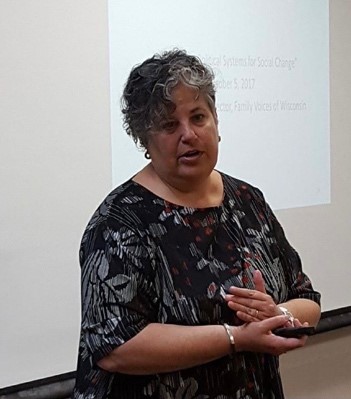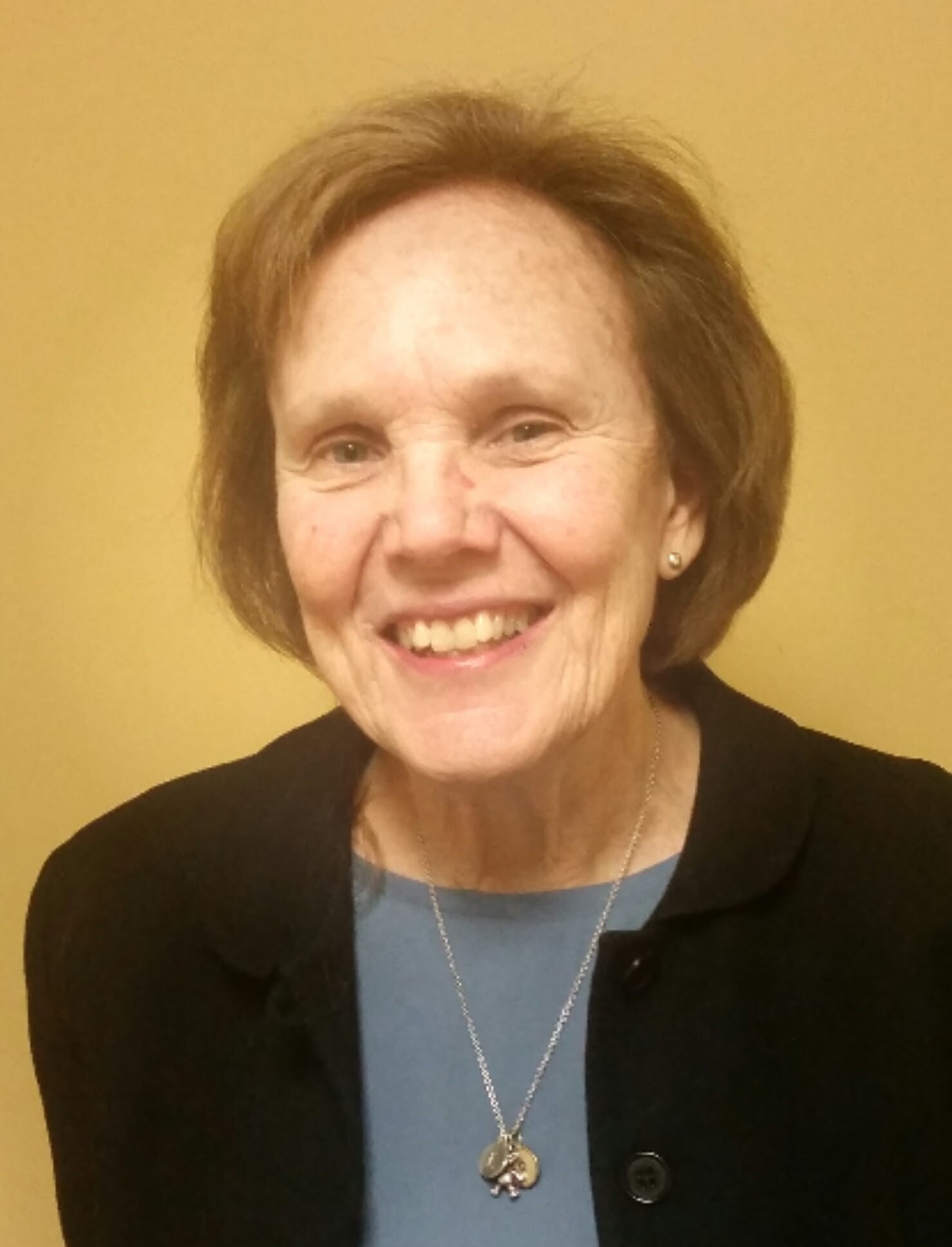
Family/Professional Partnerships
Related links
» What are Partnerships?
A partnership is a relationship between individuals or groups that is characterized by mutual cooperation and responsibility for the achievement of a specified goal. Partnerships have been used as successful models in many disciplines. In health care, evidence has shown that strong doctor-patient relationships improve patient and family health outcomes1. Key to such partnerships are the following principles2:
- Families and professionals work together in the best interest of the child and the family. As the child grows, s/he assumes a partnership role.
- Everyone respects the skills and expertise brought to the relationship.
- Trust is acknowledged as fundamental.
- Communication and information sharing are open and objective.
- Participants make decisions together.
- There is a willingness to negotiate.
» Why are Family/Professional Partnerships Important in Health Care?
Effective partnerships between families and professionals are the foundation of family-centered care.
As articulated in the MCHB definition and principles of family centered care, effective family/professional partnerships mean that families and professionals work together in the best interest of the child and the family. As the child grows, s/he assumes a partnership role. Professionals and families respect the skills and expertise that they each bring to the relationship and build a trusting relationship. Communication and information is shared openly and objectively. Families and professionals make decisions together and negotiate effectively when needed. Studies show that when families and professionals make decisions together, health care improves.
» How Do Families Partner to Improve Care for Children/Youth with Special health Care Needs?
Partnering with your child’s provider: As your child’s most consistent caregiver, you know your child with special health care needs in ways that no one else can, and you have the most vested interest in ensuring that your child’s health care needs are met. Your perspective on when something is wrong or how a treatment or medication is working is essential to the providers who treat your child. Communication is critical to developing a partnership with your child’s provider.
Partnering with health plans: The financing of health care for many children with special health care needs is provided by managed care plans, which by definition, control access to services and programs. Many children with special healthcare needs are served by both private health insurance and public programs such as Medicaid. Just as you do with your child’s provider, you can help health insurance plans to understand what works well and what doesn’t with their programs and policies. Many health insurance providers work with family advisors to learn more about the populations they serve.
Partnering with Title V: There is a federally-funded Title V Program in each state that provides services to enhance the health of women and children, including children/youth with special healthcare needs. State Title V programs are required to partner with families to ensure that family perspectives help to guide these programs. Families in these partnership roles are critical to helping our government understand family needs in caring for our children with special health care needs.
Partnering with Programs and Agencies: Many stakeholder groups contribute to the setting of policies that affect children/youth with special health care needs.
Partnering with other family leaders: In advocating for their child, many parents have learned the importance and value of speaking out for larger systems change. Advocacy groups, whether disability-specific or broader (such as Family Voices), arose because a few individuals wanted a better life for their child and believed they could make a difference. By joining your voice with others, your message and potential impact is stronger.


















